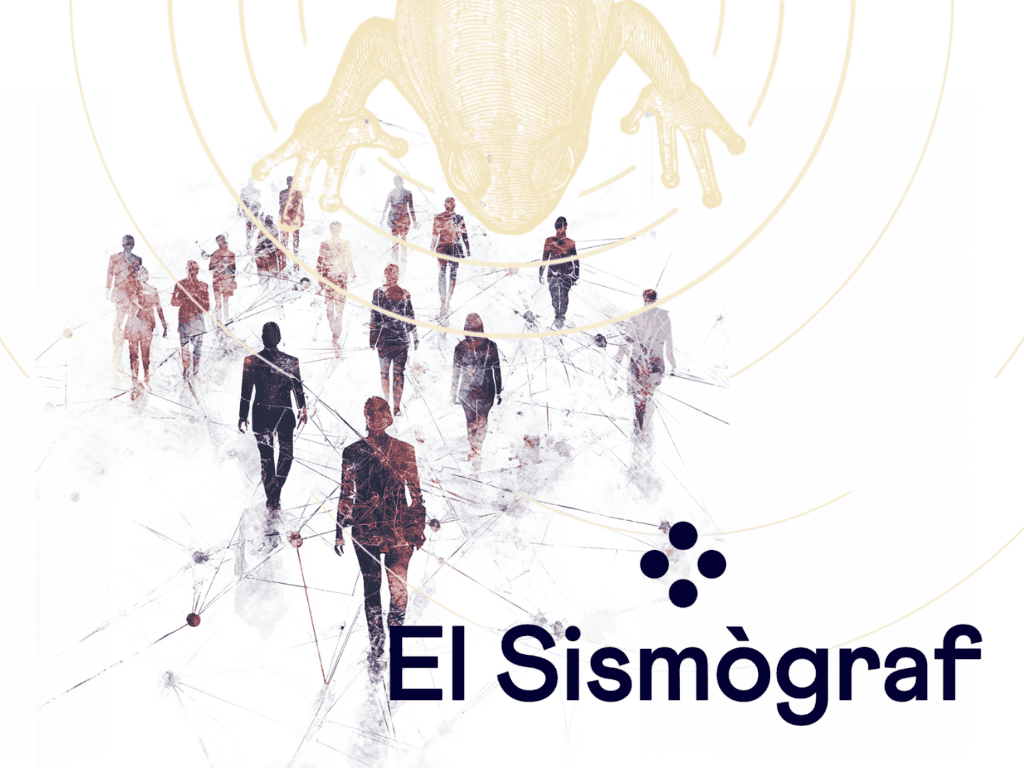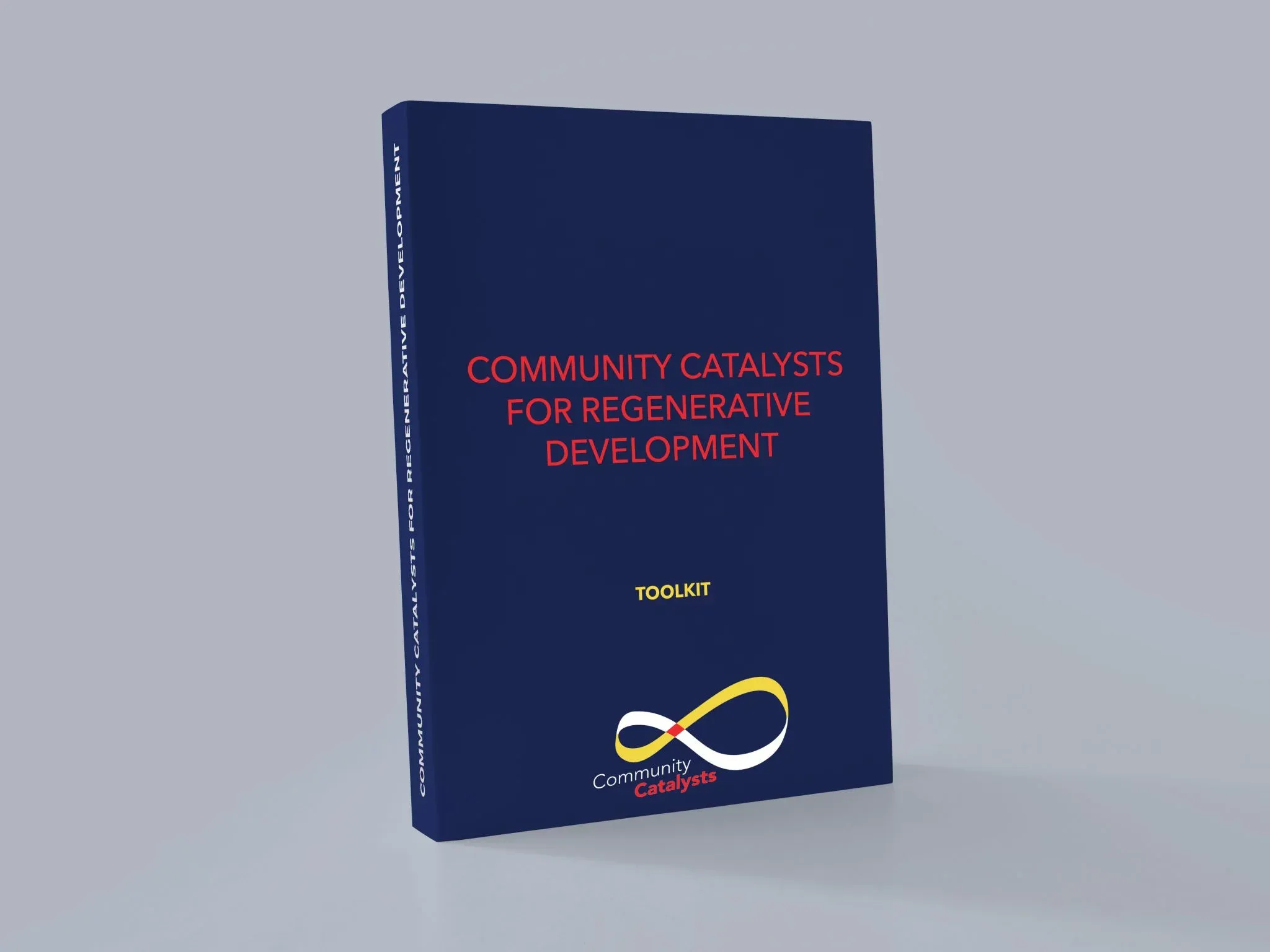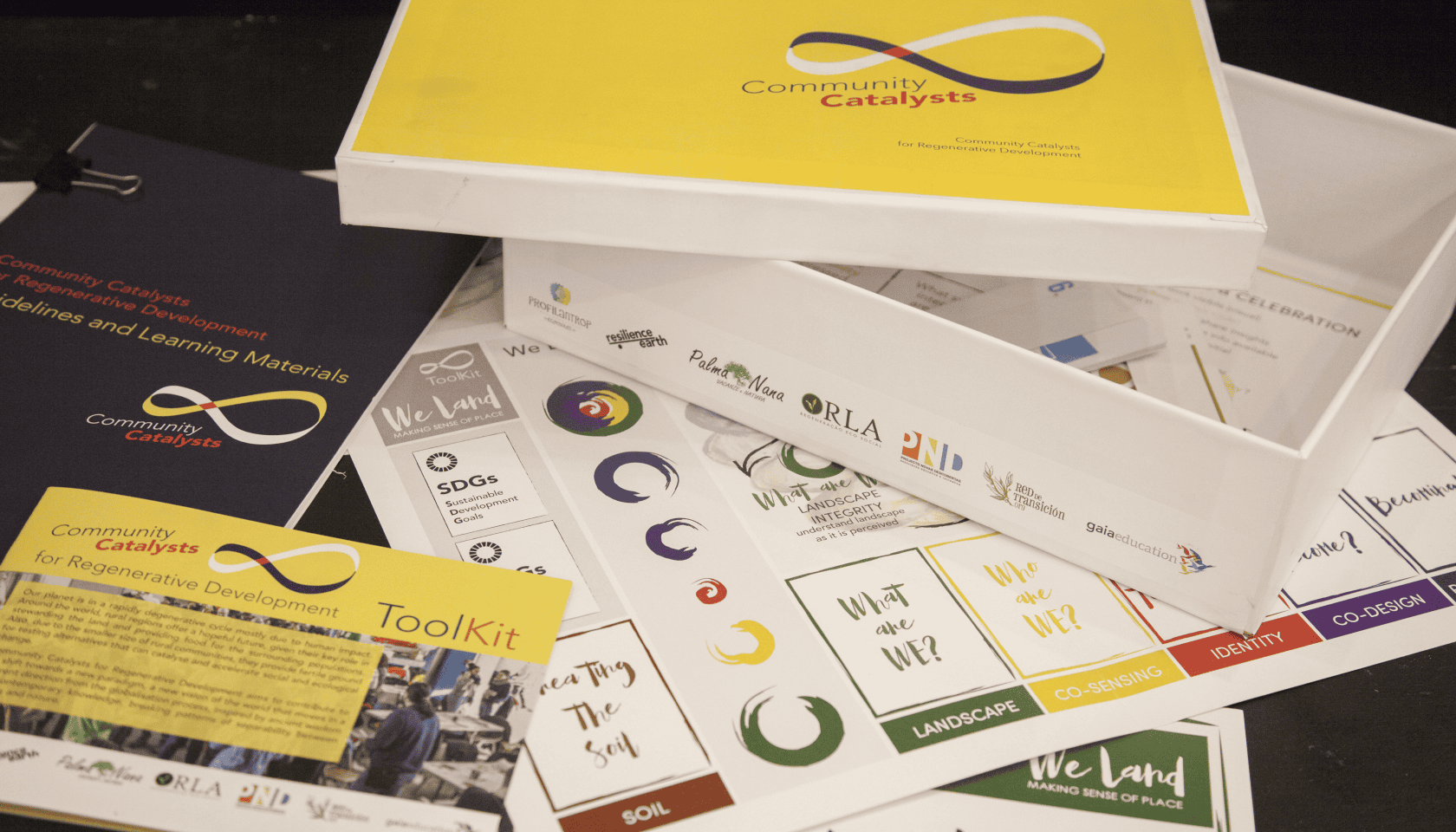The Seismograph

Typology
Guide
Authorship
Resilience.Earth
Year of creation
2024
Scopes
Social Resilience
Human communities have evolved as an integral part of natural ecosystems throughout history and are inseparable from this constant change process.
The evolutionary process of human communities is based on our ability to sustain cultural and economic behaviors that respond to their own needs. The more needs we are able to cover, the more complex our behavior is. For example, if our community does not have the ability to feed due to some kind of oppression, violence or disaster, their behavior will focus on covering this primary need, and therefore other more complex processes such as justice, democracy or equality will remain in the second term. If, on the contrary, our communities enjoy sufficient abundance and privilege—not understood as the accumulation of material goods but as harmonic relationships in the community and the natural system—then they can develop cultural subtleties, which allow us to thrive, such as equity, empathy, listening or altruism.
This interpretation of human cultural evolution derives from indigenous cosmovisions (Siksika Nation), which express that Western societies have violent and individualistic cultural behavior as a result of the different traumas suffered in the last centuries.
Each of the wars and colonizations made have marked, traumatizing, Western cultures, away from the cultural subtleties that allow to appreciate diversity, reconcile pain or feel a part of nature.
For this reason, if we want to achieve that our communities are respectful, it is important to work from the healing, to go to community trauma and evolve processes that bring us back the ability to appreciate diversity from empathy, and to assume a role in the service of the community and the territory.
Our physiology, the structure of our brain and also cultural behaviors and customs are derived from this coevolution.
One of the latest developments is the abstraction capacity, the objective and cold rationality that allows us to generate technological innovation, which has a potential that we are still discovering. In this process we are learning, through the alterations that we are causing, the potential and ability to generate impact on communities and natural ecosystems. In some cases they are positive impacts that inspire and make us proud to be humans, such as Nelson Mandela's performance in South Africa, Mahatma Gandhi in India, or Berta Cáceres in Honduras, among many others. In other cases, negative impacts embarrass us as a species, such as wars, social inequality or the limits to which capitalism or globalization reaches.



